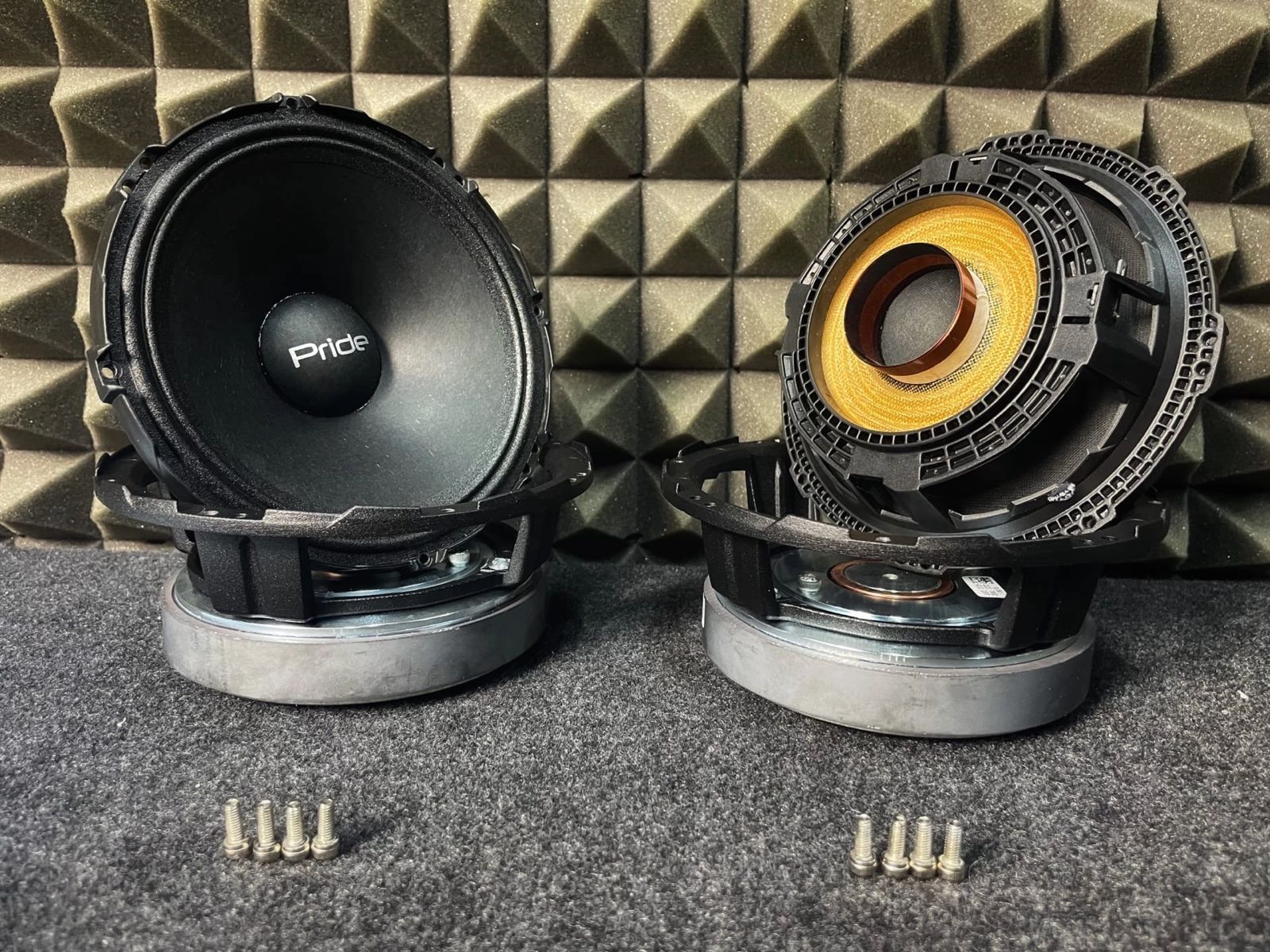The Influence of a Car’s Body Type on Audio Quality: Myths and Reality

Many car enthusiasts wonder how a car’s body type affects the quality of car audio. There are numerous myths and misconceptions about this. It’s essential to distinguish between what is fact and what is fiction. In this article, we will explore which aspects truly affect sound quality in a vehicle and how much a car’s body type can (or cannot) impact acoustics.
Myth 1: Bigger Cars Always Provide Better Sound
One common myth is that the larger the vehicle, the better the sound system will perform. The belief stems from the assumption that a larger interior volume enhances acoustic effects, producing deeper and more powerful sound. However, in practice, the quality of sound depends more on the system’s acoustic setup and soundproofing than on the vehicle’s size.
Reality: Larger vehicles, such as SUVs or minivans, can indeed offer a bigger space for sound waves to travel, which might benefit subwoofers. However, this effect is minimal without a high-quality audio system and proper soundproofing. In fact, larger interiors may also introduce challenges with sound reflection and absorption, which can compromise audio quality if the system is not well-tuned.
Myth 2: Sedans Have Poorer Sound Due to Trunk Isolation
Some believe that sedans provide inferior sound quality because the subwoofer is installed in an isolated trunk, potentially reducing bass power and depth. There’s some truth to this, as a closed trunk can muffle low frequencies.
Reality: In sedans, subwoofers may indeed produce less bass, especially with improper installation. However, this is not inherently a body type issue but more of an installation challenge. Professional installation, taking into account the acoustics of the trunk and rear seats, can resolve this issue. The use of ported enclosures or acoustic vents can significantly improve bass transfer.
Myth 3: Coupes Are Best for Car Audio
Coupes are often seen as ideal for car audio because they are smaller and have a more “concentrated” sound environment. It’s believed that sound is less likely to “get lost” in the space, which could lead to cleaner, sharper audio.
Reality: Coupes can indeed create favorable acoustic conditions due to their smaller interior volume. However, the limited space might also restrict options for speaker and subwoofer placement. Ultimately, audio quality in a coupe depends more on system tuning and component quality than on the compactness of the space.
Factors That Influence Sound Quality More Than Body Type
- Soundproofing: Without proper soundproofing, any car body type will suffer from external noise interference, affecting sound clarity. The level of vibration and resonance in the body also impacts audio purity.
- Speaker Placement: Speaker and subwoofer placement often plays a more critical role than the body type. Poor installation can lead to phase issues and loss of audio quality.
- Interior Acoustic Treatment: Regardless of interior size, proper acoustic treatment is key to clean sound. Factors such as the materials used in the car’s interior and the reflective and absorptive surfaces greatly influence sound waves.
Conclusion
A car’s body type can influence the perception of sound, but it is far from the most important factor. The quality of car audio is determined primarily by the equipment, tuning, and installation. So, before blaming your car’s body type for poor sound, it’s worth paying attention to the acoustic setup and soundproofing in your vehicle.
